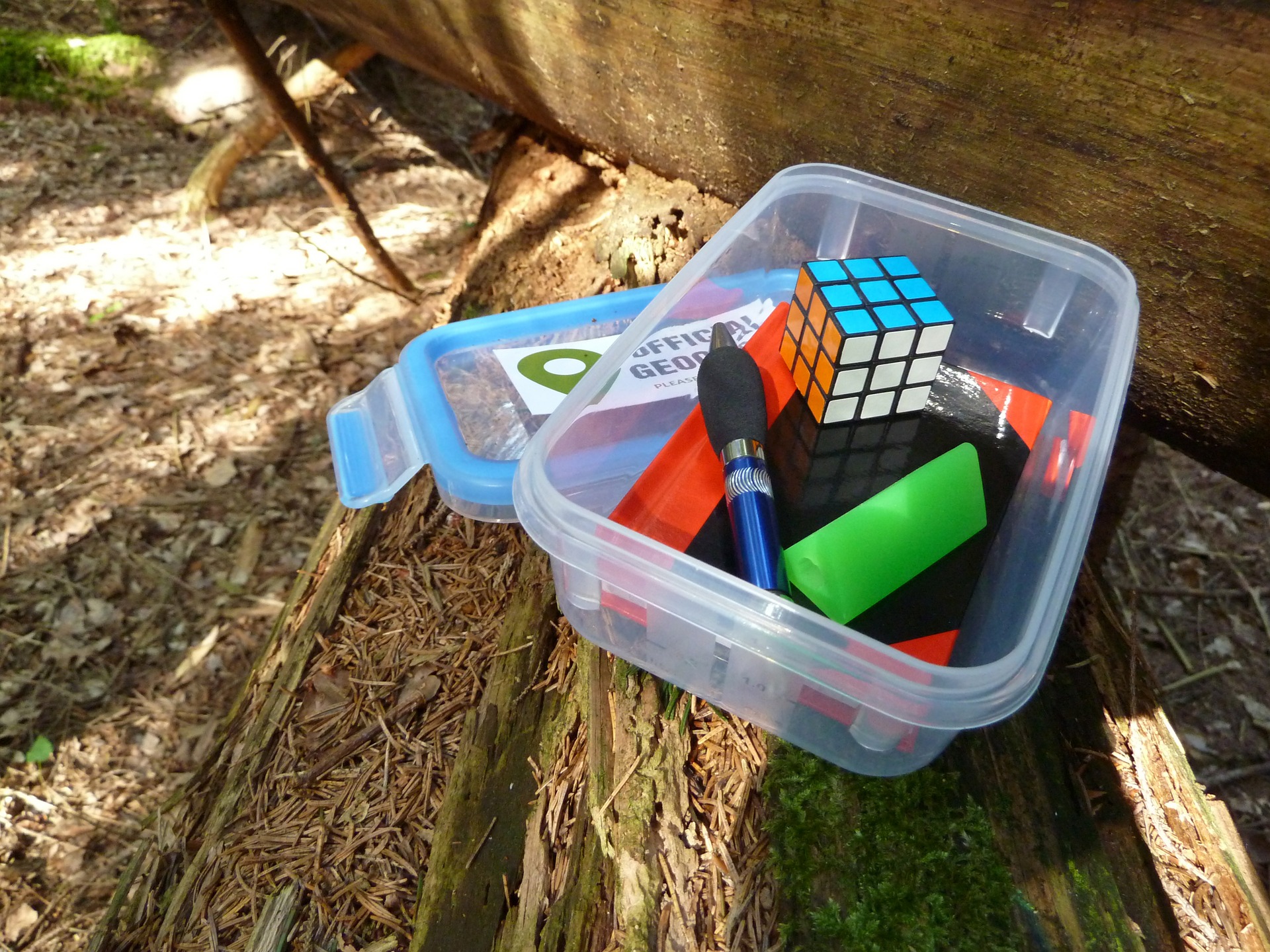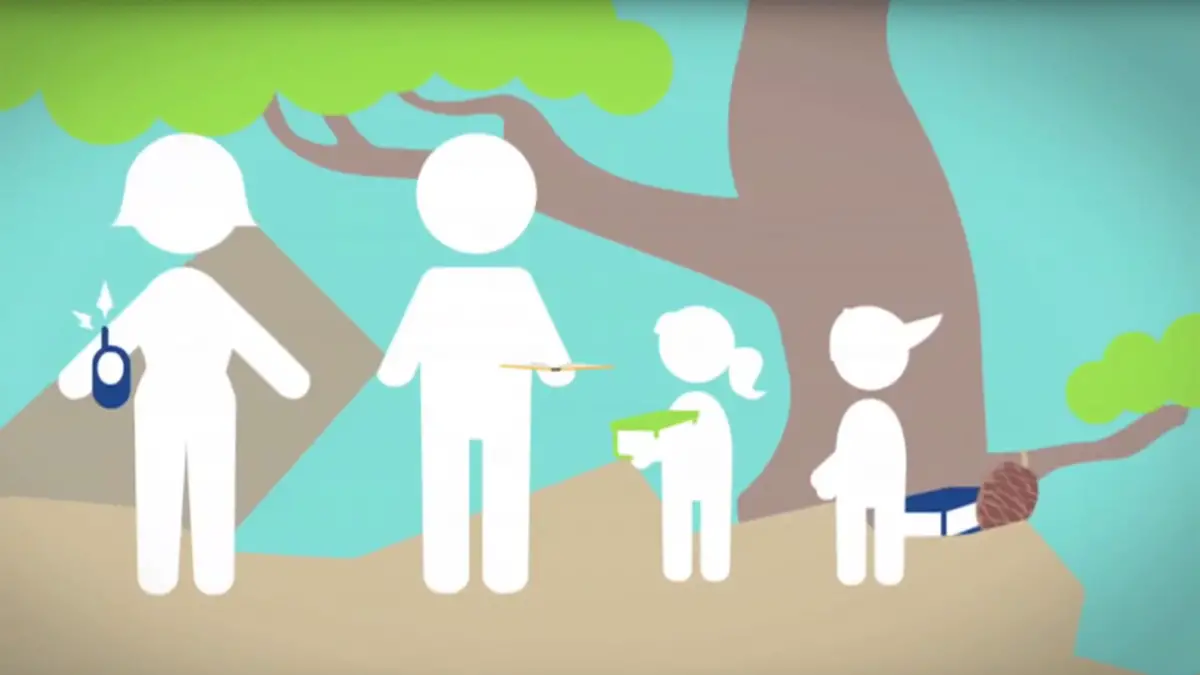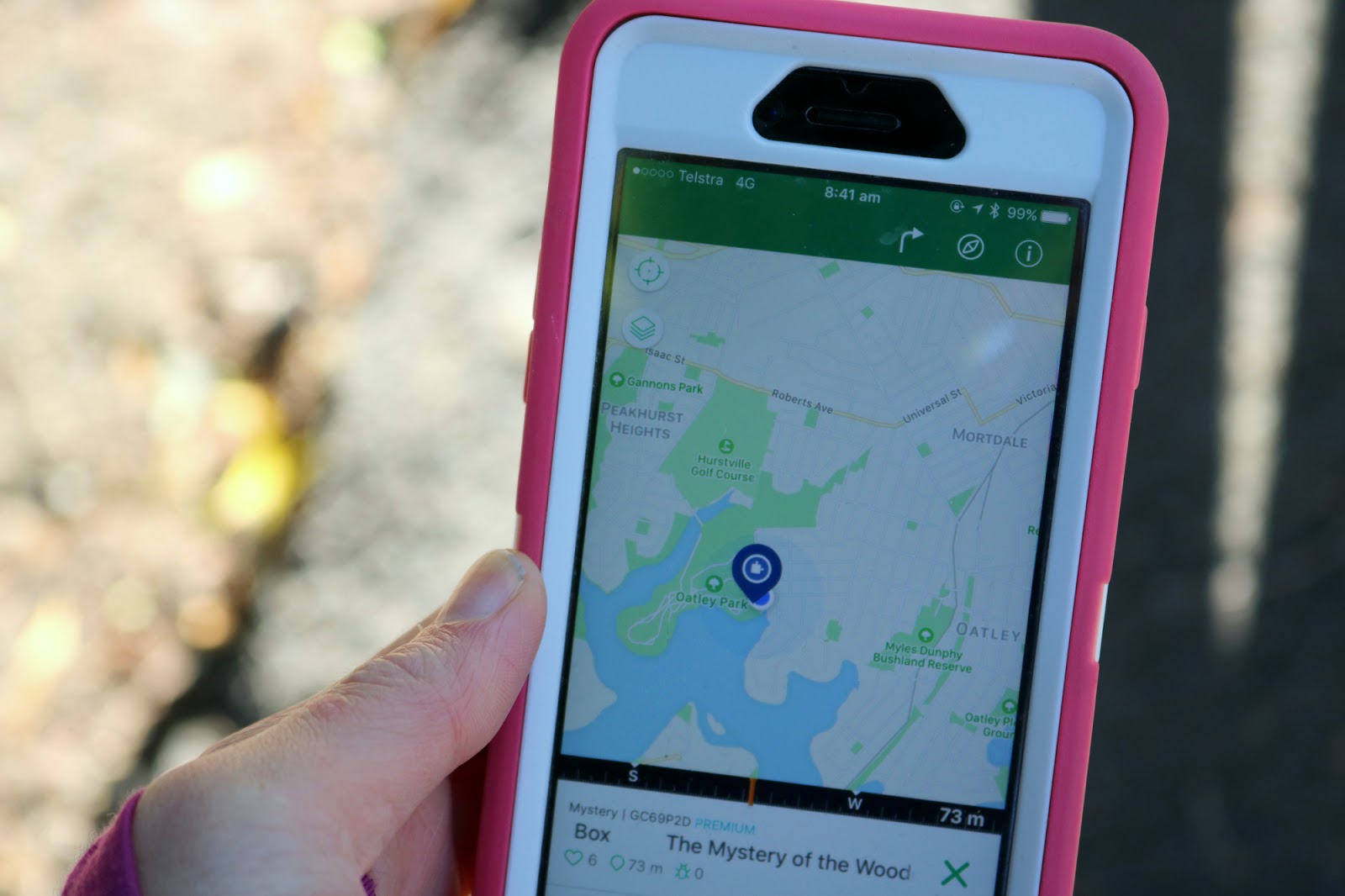If you’re looking to get some exercise and aren’t looking to spend money on a gym membership, then geocaching just might be the thing for you. Geocaching is an activity in which participants can hunt for hidden objects by using GPS coordinates. Originally an offshoot of GPS navigation, the practice has since crossed over into the recreational field, which has led to the release of several apps that allow amateur adventurers to geocache to their heart’s delight.
You can participate in geocaching in many locations around the world, and you can explore new places, even in areas near you. So even if you’re constrained by time or your daily schedule, you have the option of searching for “caches” in your hometown.
To get started, you first need to download one of the dozens of available apps and create a profile. From there, you simply decide which geocache you want to find. The only things you need to bring (aside from your phone) are a pen and paper so you can record your experience.
Once you find your intended geocache, there will generally be a logbook from other people who’ve found the geocache before. More often than not, you’ll find some trinkets that other geocachers have left behind. You can take one of the trinkets, provided that you leave behind a trinket of your own. Afterward, you can record your experience online, where other geocachers can attempt to search for the cache themselves. Always remember to place the geocache exactly where you found it so other geocachers can find it, too.

Geocaching offers many benefits that most hobbies typically don’t. For one, it gets you out of the house. You’ll likely get plenty of exercises because most geocaches require some sort of physical activity. You can choose to venture solo or with friends and family.
Getting your friends and family involved is a great way to work as a team and compete. You can turn this activity into a race, or a friendly competition of who can find the most cache, provided that they search in the same general area.
If you choose to bring children or younger siblings along with you, you’re encouraging them to get out of the house and discover new things around them. You can even turn geocaching into an educational experience for them. It’s a great way to get creative with your lesson plans and encourage children to explore their surroundings. Geocaching will likely heighten their sense of adventure and open their minds to the world around them.

Geocaching is a good hobby for anyone to try. The benefits it offers are undeniable. Adventure awaits when you geocache for any item you’re searching for. Discovering caches encourages you to explore the world with open eyes and an open mind. GPS is available on most any mobile device and can be enabled if it is not already.
When you go looking for caches, you often discover many places you’ve never been to or heard of before. Even if you have been to certain places, you may find that you have not fully explored that specific area. For instance, you may notice some things about your local gas station you’ve never noticed before. You might find that there is a little crack in the brick wall that reveals a rundown bucket of old paint. Even if that image is not appealing in your mind, it’s fascinating to find new things in your area, especially when they’re typically forgotten.
Geocaching is also a great way to improve your observation skills. You’ll find that as you continuously search for caches, your center of focus will increase in accuracy. It’s likely that you’ll become detail-oriented and spot items quickly. Geocaches vary in difficulty, size and the location in which they’re hidden. They can be found in almost any location, so you will always have an adventure, no matter how long it takes you to find the item. Regardless, you are likely to feel a great sense of reward when you do find the cache you’re searching for. Who doesn’t like feeling accomplished after they find something they’ve been searching for?
Additionally, you can also hide your own geocaches. It’s a good idea to leave some trinkets in the cache, such as small toys, craft items, books or coins. This is optional, of course, but you should leave trinkets of your own behind to replace the ones you took.
Once you find a cache, you can record it in the log book with your pen and record your online experience. You can discuss how easy or difficult your search was for this particular cache. This record of how your adventure went can be seen by anybody. Records often encourage others to look for cache for themselves.
Geocaching gives us a way to become familiar with our surroundings. People typically leave their homes because they have somewhere to be, whether it’s for school, work, etc. Not often, or often enough, do we take the time to go out and explore the world around us. Geocaching encourages such exploration. It helps us to become active, open-minded and rewards us with small trinkets in memory of our treasure hunting adventures.
Geocaching is a worldwide activity, and I can assure you, global travel isn’t required to find a geocache. It’s a simple hobby that you can do whenever and wherever. With an open mind, anything, even a GPS scavenger hunt, can become a memorable adventure.










